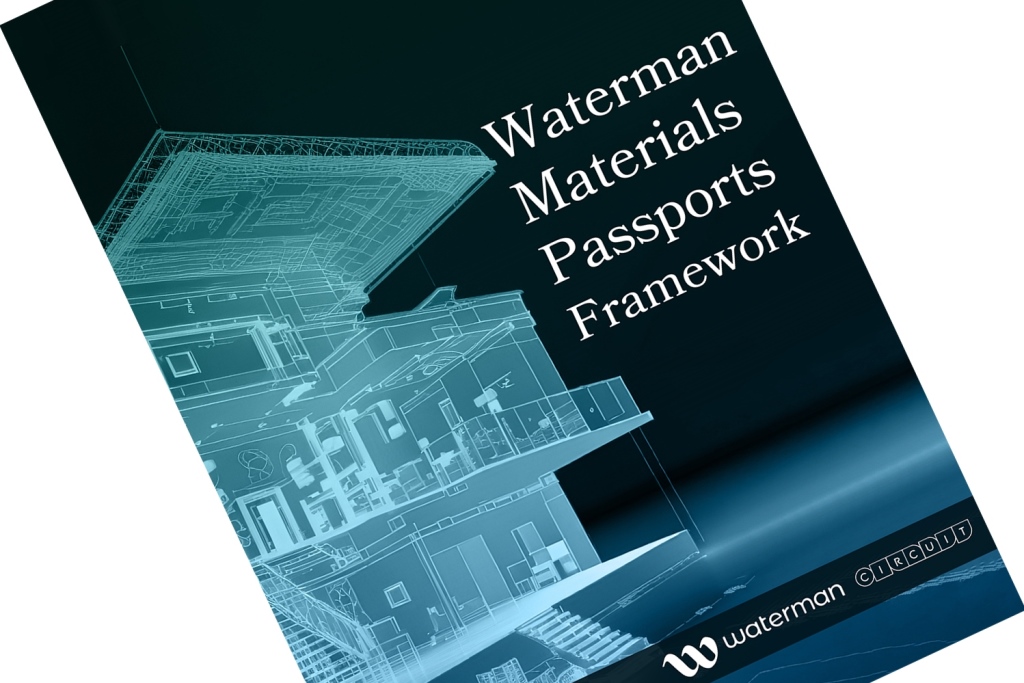Waterman says that is Materials Passports Framework represents the first standardised approach to documenting and managing construction materials throughout their lifecycle.
The framework shows how to create a database of information, containing the identity, specifications and performance data for materials, products and building elements.
Waterman managing director Mark Terndrup said: “With the launch of our Materials Passports Framework, we aim to drive material circularity and kick-start the circular economy throughout the construction industry with a robust process any scheme can follow. The impacts of the climate emergency are more prevalent than ever, and extending material lifespans is fundamental to minimising the embodied and whole-life carbon impact of development schemes across every sector.”
Through this framework, Waterman envisions the Materials Passports Protocol becoming an industry standard. Spearheaded by sustainability consultant Anastasia Stella, with technical contributions from the Building Research Establishment, the framework aligns with the forthcoming Digital Product Passport (DPP) requirements under the proposed Ecodesign for Sustainable Products Regulation (ESPR) in the European Union’s European Green Deal.
Materials Passports are currently being trialled at Fletcher Priest Architects-designed Edenica, a City of London construction scheme by YardNine and BauMont Real Estate. Waterman is providing engineering support including sustainability strategy, building services, structural engineering and environmental specialist input. Employing a circular economy strategy led by Waterman, the 8,700 sqm office development is designed to minimise environmental impact during construction and in operation.
Waterman is working with software developer Circuland to deliver a digital platform designed to host materials passports data that can be linked with BIM models, paving the way for the creation of a UK-wide building materials stock database. The platform’s transparency in material types, recycled content, disassembled materials for reuse and an online marketplace for selling materials are all expected to enhance the resource-efficient use of materials and lead to a more sustainable future in construction.
Got a story? Email [email protected]



